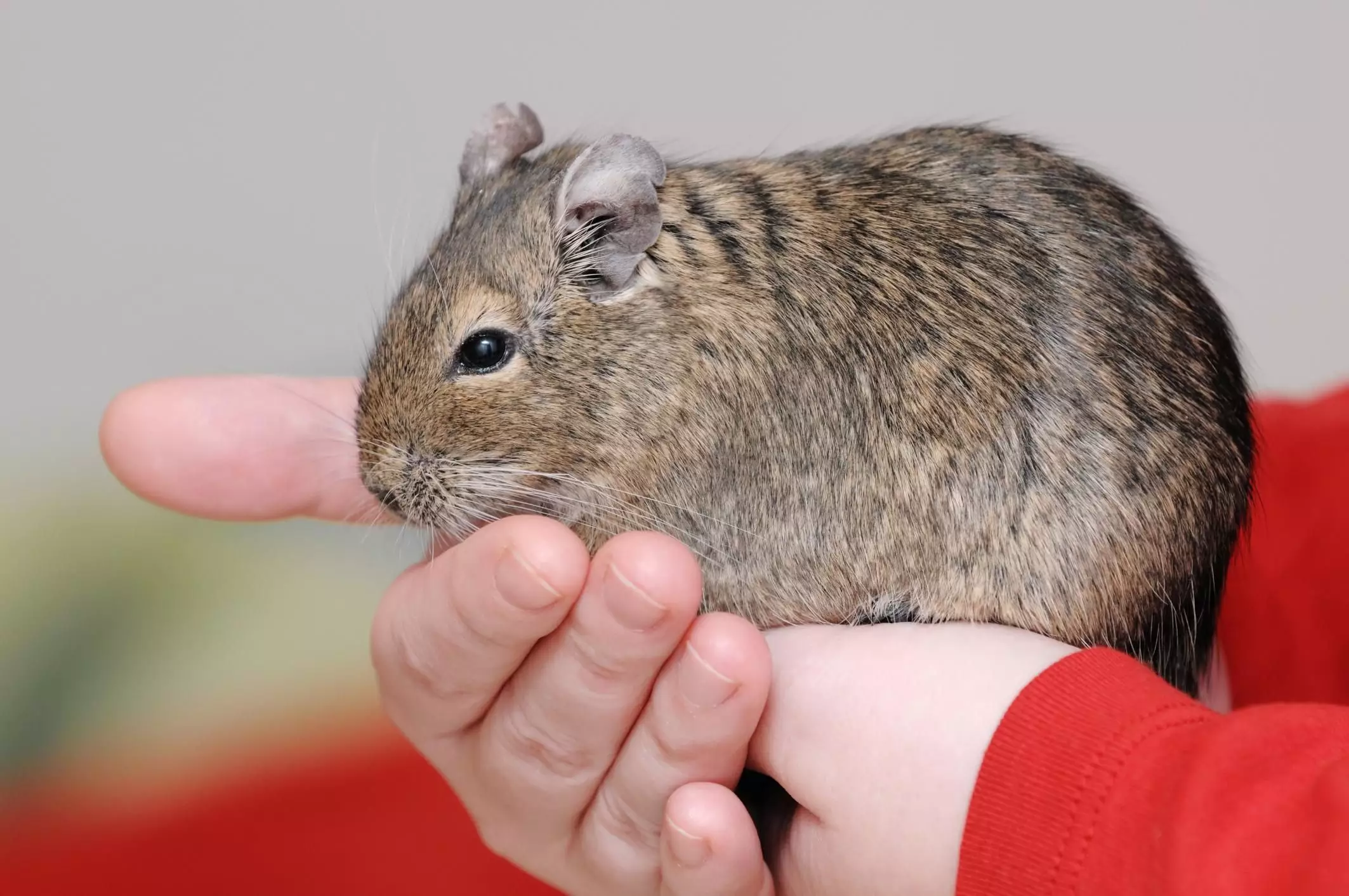Owning a pet can be one of life’s most rewarding experiences, yet choosing the right pet is crucial for a harmonious relationship. Among the numerous exotic pets available, degus stand out as particularly intriguing companions. These small, social rodents, native to Chile, not only provide companionship but also bring a host of benefits to their owners when adequately cared for. However, before you decide to welcome a degu into your home, it’s essential to understand their specific needs and the ethical considerations that come with keeping these unique animals as pets.
Degus, scientifically known as *Octodon degus*, are diurnal (active during the day) rodents that exhibit a highly social nature. In their natural habitat, degus live in large communities of up to 100 individuals. This strong sociality is a key factor to consider when deciding to welcome a degu into your household. They thrive on interaction, which is why experts recommend adopting them in pairs or groups to prevent loneliness and promote well-being. While they may be small, typically measuring between 9 to 12 inches and weighing 6 to 11 ounces, degus have distinctive personalities and behaviors that can greatly enrich their owners’ lives.
A potential owner must consider the longevity of a degu’s lifespan, generally ranging from 6 to 8 years in captivity. While this duration may seem manageable, it is essential to fully commit to providing proper care, social interaction, and a stimulating environment for the entirety of their lives. The journey of owning a degu is not one to be taken lightly.
Ethical Considerations and Legal Implications
A crucial step in the journey of acquiring a degu involves understanding the legal and ethical implications. Depending on where you live, owning a degu might be illegal, as they are considered a potentially invasive species in some areas, including states like California, Georgia, and Connecticut. Prospective owners should thoroughly research local laws and regulations before bringing a degu home. In some cases, permits or health certifications may be required, underscoring the importance of responsible pet ownership.
Ethics also play a vital role in the decision to keep degus as pets. While many exotic pets contribute positively to an owner’s life, others may suffer due to improper care or inadequate environments. It is essential for prospective owners to be well-informed and prepared for the unique social and physical needs of degus. A commitment to providing a spacious and enriched habitat is paramount in ensuring their happiness.
To thrive, degus require a well-designed habitat that accommodates their natural instincts and behaviors. A spacious cage measuring at least 24 inches by 18 inches and 24 inches tall is recommended for a pair of degus. Ideal enclosures are multi-level structures that provide adequate climbing opportunities. It’s important to note that degus are avid chewers; thus, cages made of wire or metal are essential as they can easily gnaw through wooden enclosures.
Within their cage, degus need a nesting box to replicate their natural burrowing behavior and various structures to climb on, such as branches, ramps, and exercise wheels. Exercise wheels should have solid surfaces to prevent injury. Chewing opportunities, such as safe wood blocks and chew toys, are vital for maintaining dental health while mitigating boredom.
Dietary Needs for a Healthy Degu
The dietary requirements of degus are surprisingly specific. They thrive on a diet high in fiber and low in sugar, making high-quality chinchilla or guinea pig pellets, grass hay, and fresh vegetables crucial components of their daily intake. Fresh vegetables like sweet potatoes, carrots, and leafy greens should be provided daily, while sugary fruits must be avoided due to the risk of diabetes. Monitoring their diet is imperative to prevent health issues. An endless supply of clean, fresh water is another vital aspect of a healthy degu lifestyle.
Addressing Health Concerns and Maintenance
Degus are generally hardy animals; however, they may be susceptible to certain health issues, including diabetes and skin conditions. Regular veterinary check-ups are advisable to monitor their health, particularly if you notice any unusual behaviors such as excessive drinking or scratching. Owners should maintain a clean living environment, minimizing the risk of respiratory issues and infection.
Regular dust baths are necessary for maintaining their coat and skin health, as degus are prone to dry skin. Owners should provide a shallow dish of dust or sand to allow their pets to roll around and clean themselves.
A Lifelong Commitment
Ultimately, deciding to adopt a degu is a commitment that should take into account the animal’s social needs, dietary requirements, and legal considerations. As they are happiest in pairs, prospective owners should prepare for the responsibility of ensuring their degus are physically and mentally stimulated.
Owning a degu can be a truly enriching experience, offering not only companionship but an opportunity to engage in their playful and curious behavior. For those willing to invest the time and effort, degus can become not just pets, but beloved family members.

